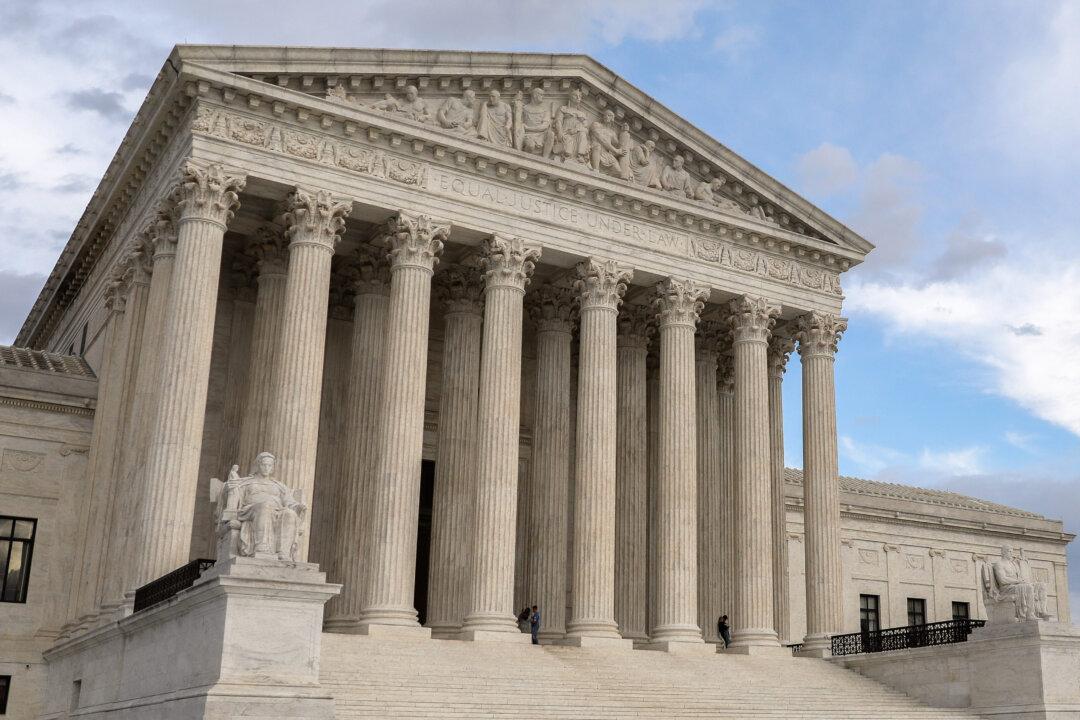The Supreme Court agreed on May 4 to hear a case contesting the power of the Internal Revenue Service (IRS) to use a federal law to block legal challenges to its regulations.
At issue is a reporting requirement the IRS uses against what it claims are tax-avoidance schemes involving small insurance companies. The penalty for noncompliance can include a $50,000 fine.





